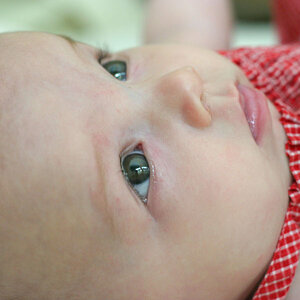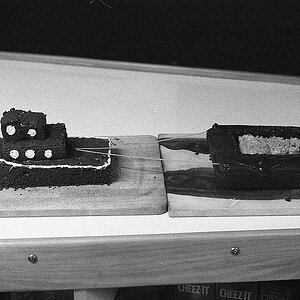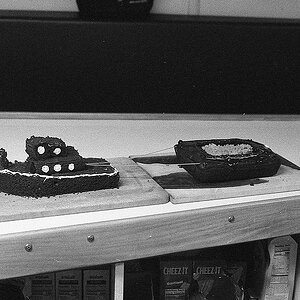seanuhthin
TPF Noob!
- Joined
- Jul 13, 2010
- Messages
- 1
- Reaction score
- 0
I realize to all the professionals on here this may sound incredibly stupid, but how do I capture a picture as I see it with my own eyes? To often I find myself unable to achieve a decent picture even though lighting at the moment is perfect.




![[No title]](/data/xfmg/thumbnail/33/33361-f56184027ce743b2b7ba9d378a8bb426.jpg?1619735925)
![[No title]](/data/xfmg/thumbnail/33/33359-a5cf76b8e843e82b3831650af6dfa6b3.jpg?1619735923)





